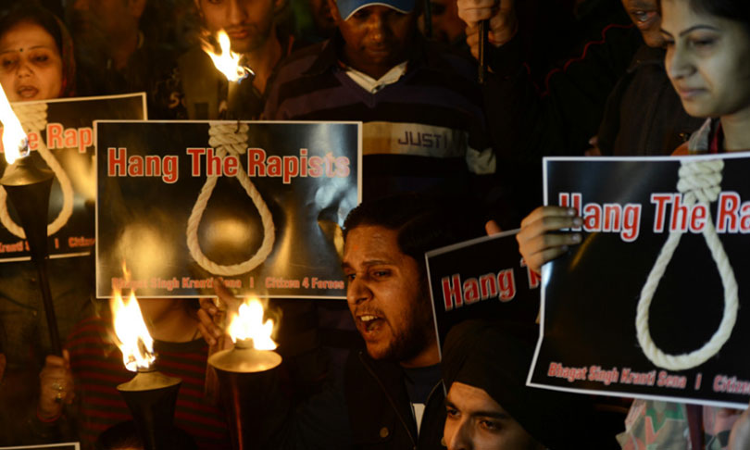'Death Penalty For Repeat Rape Offenders': Bombay HC Upholds Constitutional Validity Of Section 376-E IPC
LIVELAW NEWS NETWORK
3 Jun 2019 12:33 PM IST

"The stigma that is attached to rape victims is lifelong. In a sense, the offence of rape can be said to be graver than that of murder."
Next Story


